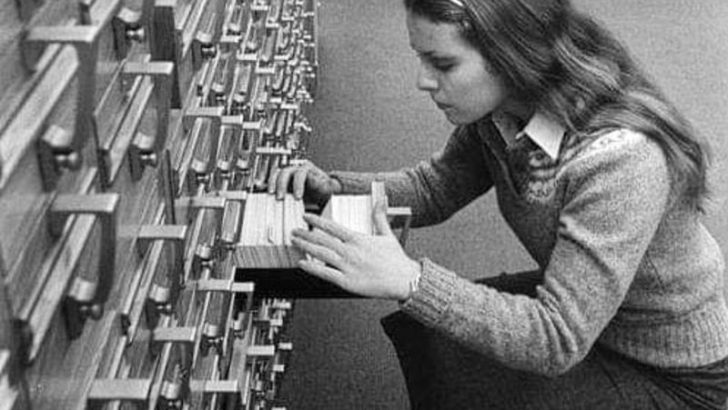The 1960s were a time of great social change, cultural revolution, and technological limitations. Many of the conveniences and societal norms that are taken for granted today simply didn’t exist. From the absence of modern communication tools to a vastly different entertainment landscape, life in the 60s was starkly different from the fast-paced, hyper-connected world we live in today. Understanding these differences sheds light on why younger generations, accustomed to today’s rapid advancements and social liberties, might find it challenging to adapt to the simpler, yet complex, life of the 60s.
1. Absence of Smartphones
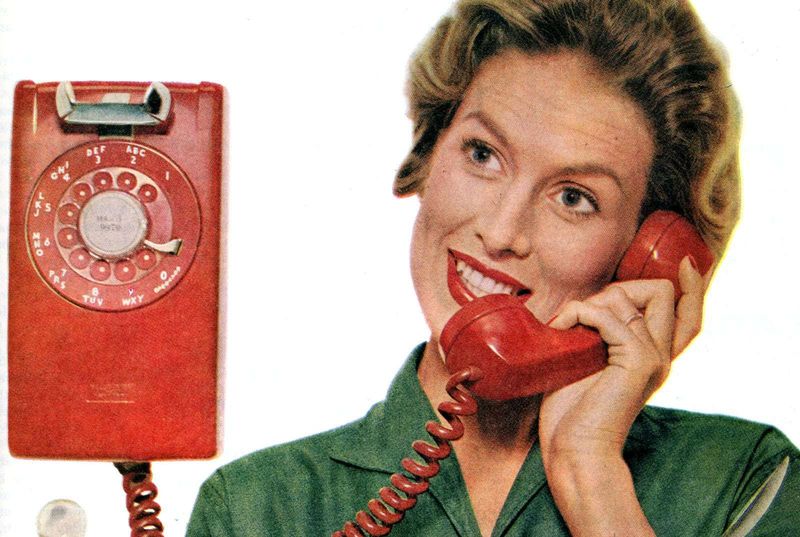
Imagine a world without smartphones, where communication meant rotary phones and waiting for letters. The absence of instant messaging and social media would be a shock to digital natives. Navigating without GPS and relying on maps or asking for directions would be daunting tasks. Social connections would be built face-to-face, requiring a different set of interpersonal skills. The spontaneity of today’s connectivity would be replaced by thoughtful planning and patience, unfamiliar concepts to those used to the immediacy of today’s technology. This digital detox would be both a challenge and a novelty for younger generations.
2. Limited Television Channels
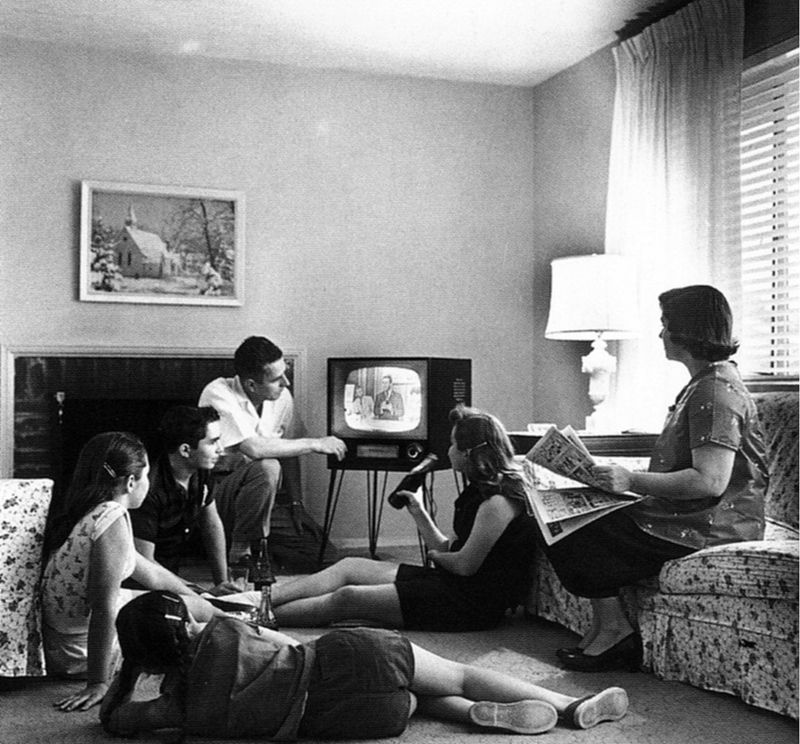
The 1960s offered a stark contrast in entertainment choices, with only a few television channels available, often in black and white. Imagine the patience required to wait for your favorite show, which aired only once a week. Younger generations, used to streaming services and on-demand content, would struggle with these limitations. The communal experience of watching TV together fostered family bonds, contrasting the individualistic viewing habits of today. This forced slower pace would be both frustrating and enlightening, emphasizing shared experiences over personal selection.
3. Manual Car Driving

Driving in the 60s meant mastering the art of manual transmission cars, a skill less common today. Navigating without power steering or automatic gear shifts required a certain finesse and understanding of vehicles. Younger drivers, accustomed to modern car conveniences, might find this mechanical interaction challenging. The necessity of regular vehicle maintenance and checks would add another layer of responsibility. Learning to drive without modern safety features would be a testament to patience and adaptability, reflecting a bygone era of motoring adventure and freedom.
4. Polaroid Cameras for Instant Photos

Before digital cameras, instant photos meant Polaroid cameras, providing a tangible memory in seconds. These cameras required skill and consideration, with each shot being precious due to limited film. Imagine the excitement and anticipation of watching a photo slowly develop, compared to the instant gratification of digital images today. Younger generations, used to taking countless photos without a second thought, might find this process both frustrating and charming. It teaches patience, value, and the joy of capturing genuine moments as they happen.
5. Fashion Constraints
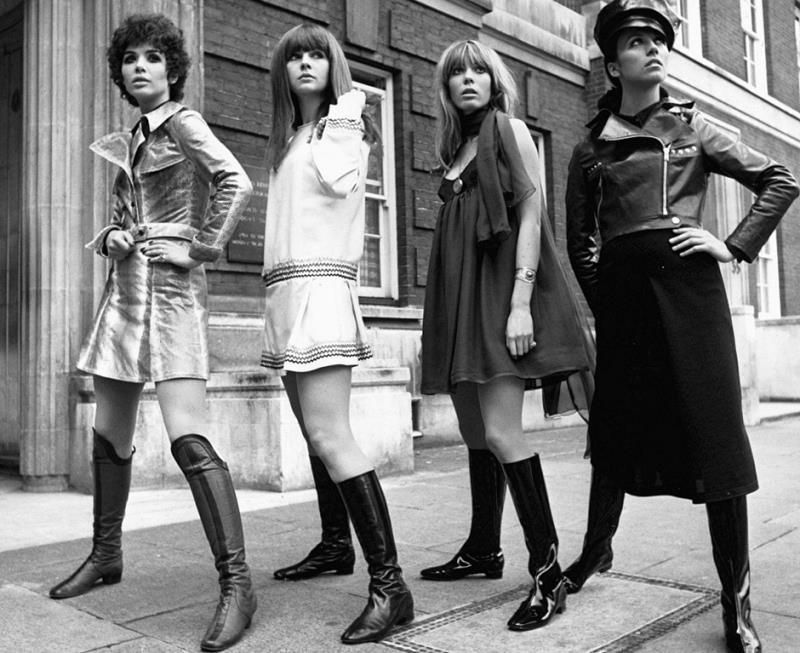
The fashion of the 60s, with its distinct styles and societal norms, would puzzle those accustomed to today’s varied choices. Strict dress codes in schools and workplaces limited self-expression, a stark contrast to the freedom of modern fashion. The emphasis on sewing and maintaining one’s wardrobe required skills less common today. Younger generations might find these constraints restrictive yet creatively inspiring, offering a glimpse into a disciplined yet vibrant era of style. It highlights the evolution of self-expression through clothing.
6. No Internet Access
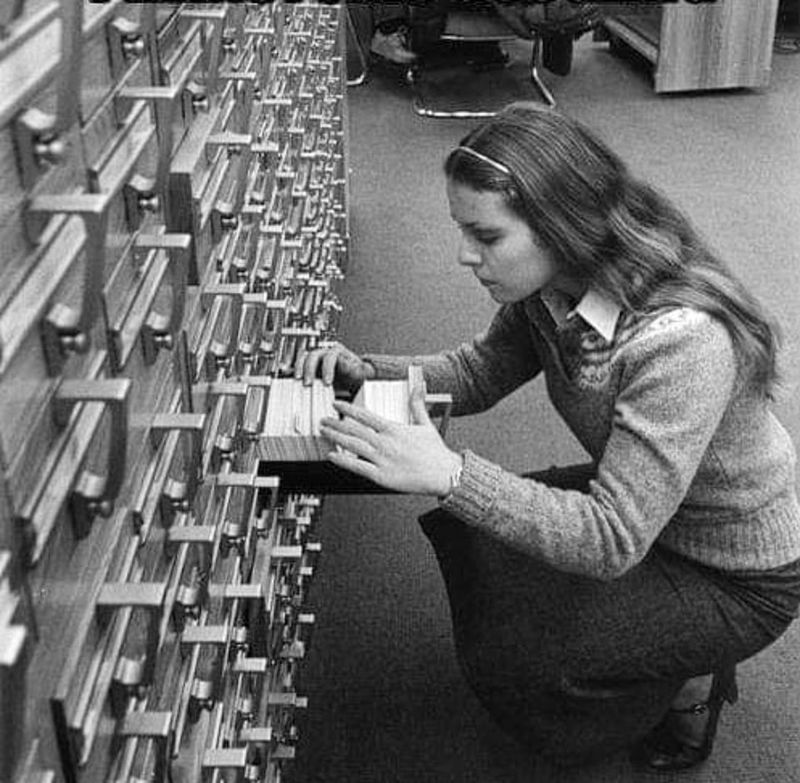
Without the internet, gathering information in the 60s meant libraries and encyclopedias. Research required patience and dedication, a stark contrast to the quick searches of today. Imagine the challenge of completing assignments without online resources. Younger generations, reliant on instant access to information, would find this method painstaking yet rewarding. It emphasized critical thinking and resourcefulness, skills often overshadowed by convenience. This slower pace of knowledge acquisition would be a profound learning experience, teaching the value of thorough investigation.
7. Strict Social Etiquette
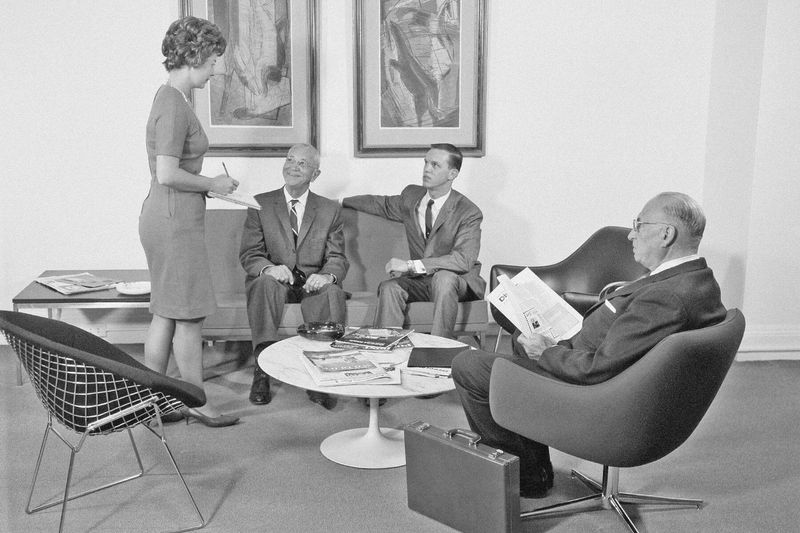
Social interactions in the 60s were governed by strict etiquette rules, from formal dining to polite conversation. Younger generations, used to informal communication, might struggle with these expectations. The emphasis on manners and respect reflected societal values, shaping interactions in ways that might seem rigid today. Imagine the challenge of adapting to these norms, with every action scrutinized for propriety. This disciplined approach to socializing highlights the evolution of interpersonal relationships, offering insights into a more formal yet gracious era.
8. Smoking Everywhere

In the 60s, smoking was a common sight in public spaces, from restaurants to airplanes. Younger generations, growing up in smoke-free environments, might find this pervasive habit shocking. The lack of smoking restrictions highlights the health awareness evolution over the decades. Imagine the challenge of navigating social settings where smoking was the norm, influencing everything from air quality to clothing odor. This cultural shift underscores the progress in public health initiatives and changing societal attitudes towards smoking.
9. Gender Roles and Expectations
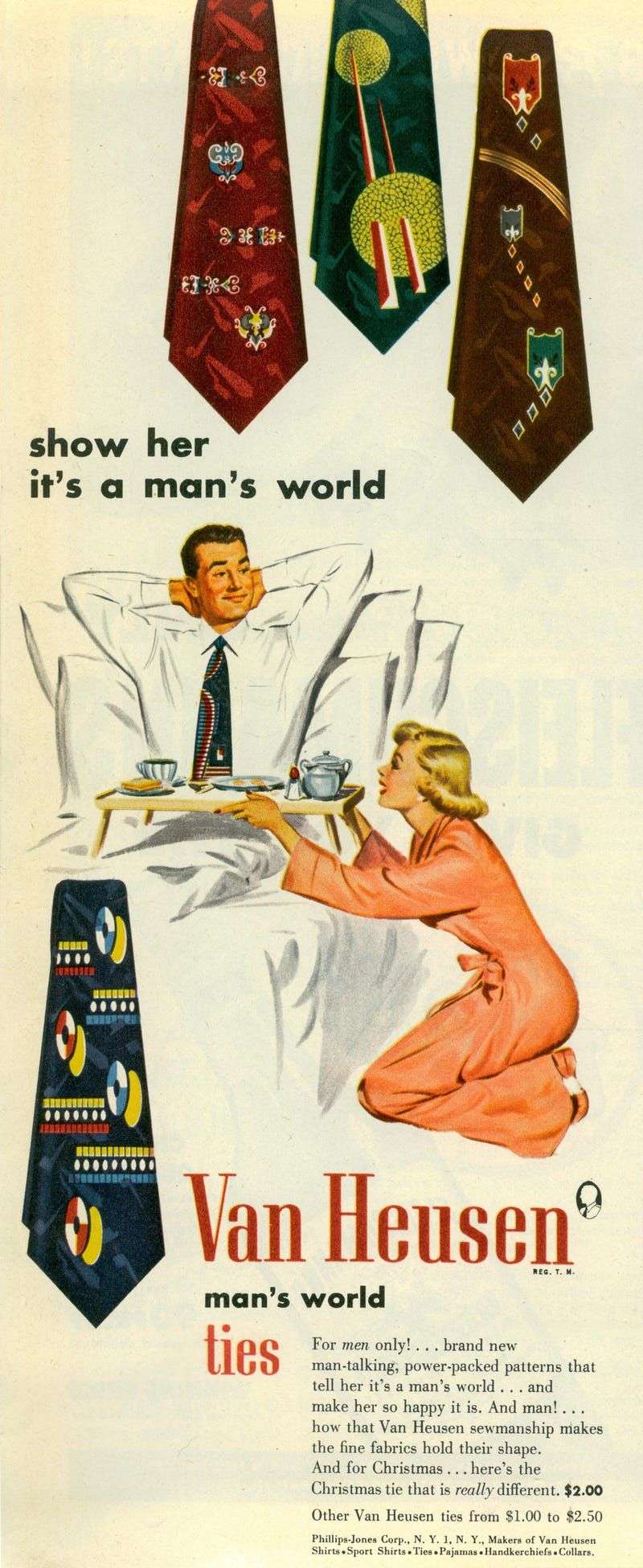
The 60s were a time of rigid gender roles, with clear expectations for men and women. Younger generations, accustomed to gender equality, might find these norms restrictive. The societal pressure to conform to specific roles in family and work life dictated personal choices, often limiting opportunities. Imagine the challenge of navigating a world where gender determined one’s path significantly. This era’s gender dynamics provide a stark contrast to today’s more inclusive outlook, highlighting the progress made towards equality and the ongoing journey.
10. Lack of Diverse Cuisine

Culinary options in the 60s were limited compared to today’s diverse offerings. Younger generations, with access to global cuisines, might find the traditional dishes monotonous. The lack of international ingredients shaped eating habits, emphasizing home-cooked meals and local produce. Imagine the experience of dining without the variety of flavors available today, where spices and exotic foods were rarities. This limited palate underscores the cultural culinary evolution, reflecting broader societal changes in embracing diversity and innovation in food.
11. Environmental Unawareness
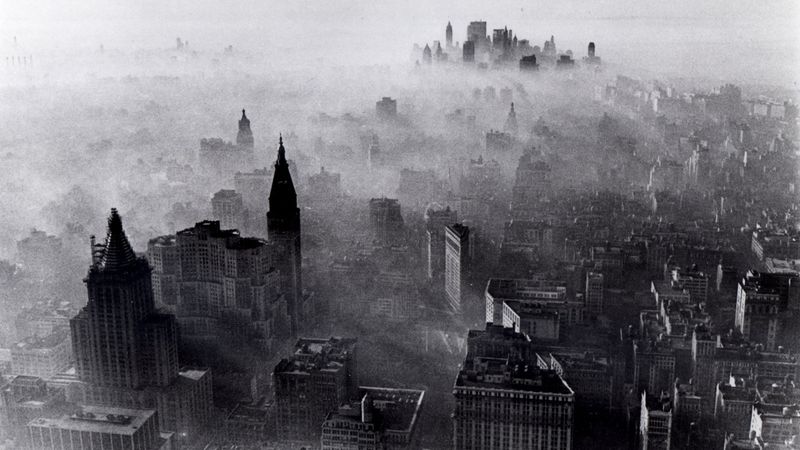
The 60s lacked the environmental consciousness prevalent today. Industrial growth often overshadowed ecological concerns, leading to pollution and resource exploitation. Younger generations, raised with sustainability in mind, would find this disregard for nature shocking. Imagine the challenge of living in a time where recycling was uncommon, and conservation efforts were nascent. This era’s environmental mindset contrasts with today’s green initiatives, highlighting the progress in ecological awareness and the ongoing need for sustainable practices.
12. Music on Vinyl Records
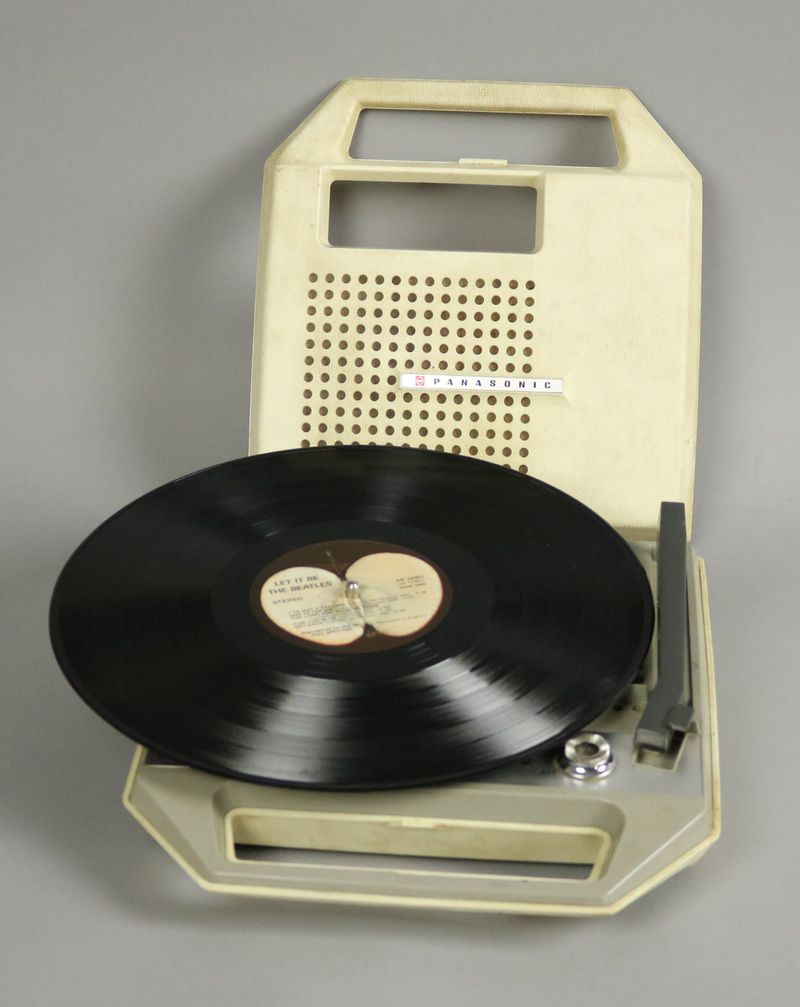
Listening to music in the 60s meant vinyl records, a tactile experience far removed from digital streaming. Younger generations, used to instant downloads, would find the manual process of setting up a turntable intriguing. Each record was a prized possession, handled with care to preserve sound quality. Imagine the anticipation of listening to an album all the way through, savoring each song. This analog experience offers a richer, more immersive connection to music, contrasting with today’s ephemeral listening habits.
13. Cold War Tensions
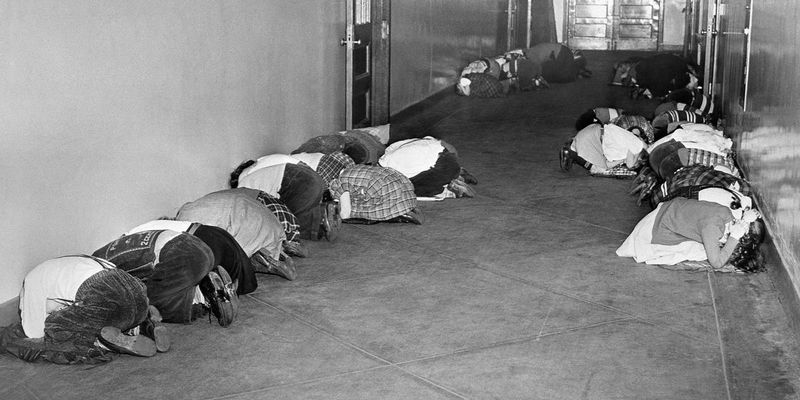
The Cold War era instilled a sense of fear and uncertainty, with nuclear threats looming over daily life. Younger generations, living in relatively peaceful times, might find this constant tension unsettling. Imagine participating in duck-and-cover drills, prepared for a nuclear attack at any moment. This atmosphere of suspicion and rivalry between superpowers shaped global relations, influencing politics and culture alike. Understanding this historical context highlights the fragile nature of peace and the importance of diplomacy in maintaining global stability.

Well, hello there!
My name is Jennifer. Besides being an orthodontist, I am a mother to 3 playful boys. In this motherhood journey, I can say I will never know everything. That’s why I always strive to read a lot, and that’s why I started writing about all the smithereens I came across so that you can have everything in one place! Enjoy and stay positive; you’ve got this!

